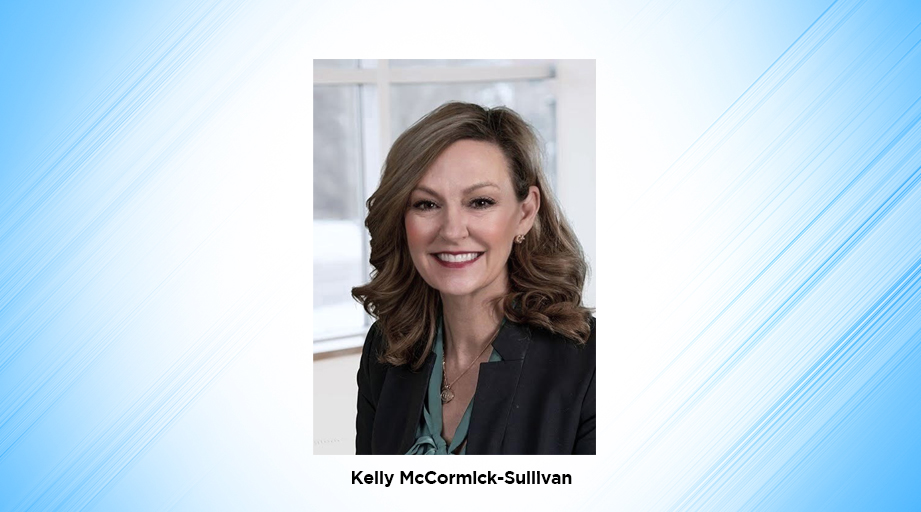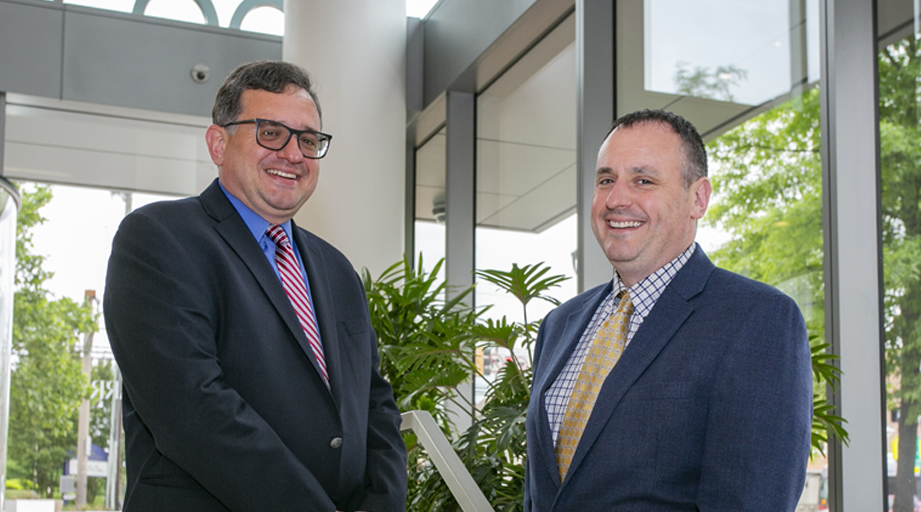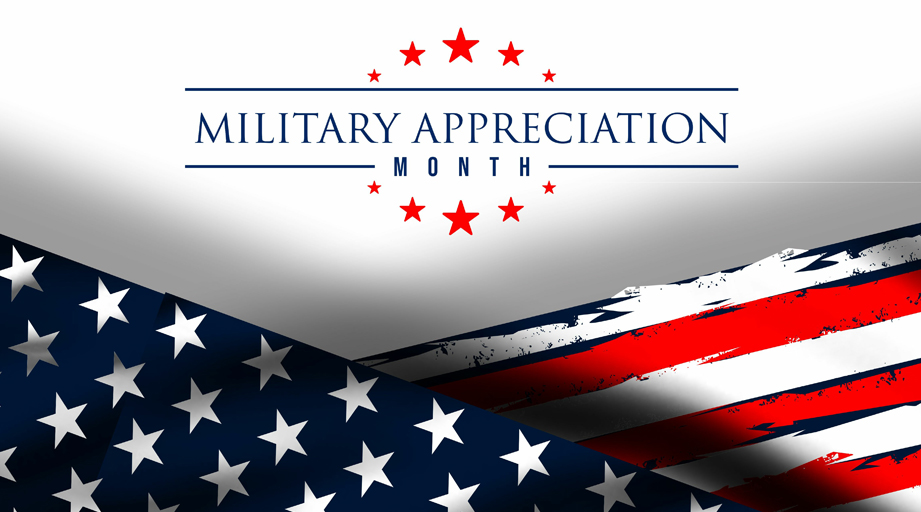
As Hurricane Florence churned toward the Atlantic coast, staff at the Medical University of South Carolina (MUSC) readied for an event reminiscent of hurricanes Matthew and Irma, which brought serious flooding to the Charleston area in 2016 and 2017, respectively.
“We did spend several days preparing,” said Heather Easterling, director of pharmacy services at MUSC Health. “Unfortunately, we’ve been doing this a lot the last several years. So we’re actually getting pretty good at emergency preparation.”
This time, she said, “we were very lucky in that the storm turned, and we did not have a lot of effects from the storm. So, thankfully, a lot of our preparation was for naught. But we’re OK with that.”
Easterling expressed concern for people in North Carolina who took the brunt of the storm.
“We’re thinking about them and certainly sending a lot of positive thoughts their way,” she said.
South Carolina Governor Henry McMaster ordered the evacuation of Charleston County and other coastal areas effective noon on September 11, three days before the hurricane’s landfall in North Carolina.
Easterling said most of the hospital’s nonclinical staff evacuated, but the clinical staff remained under a medical exemption from the state. The pharmacy activated its A and B teams for the emergency, with the A team preparing to shelter in place at the medical center for 72–96 hours before being relieved by the B team.
She said the medical center was “pretty much a full hospital” throughout the weather event, even though medically ready patients had been discharged before the storm arrived.
The evacuation order ended at noon on September 15, and MUSC announced that it would fully resume normal operations on September 17.
Easterling said a few people who had evacuated had problems returning to Charleston, mostly because of road closures north of the area, including sections of I-95.
“Luckily, most of our folks seemed to evacuate to the south,” she said. “So we were able to get back all but a few of our B team.”
As the storm approached, Easterling said, the pharmacy contacted its wholesaler to place a “hurricane order,” which consists of a predefined list of critical medications intended to last 7–10 days.
She said that before a hurricane or other predicted weather event occurs, staff at MUSC Health’s pharmacotherapy clinics try to contact their patients by phone to see if they are well.
The organization’s retail pharmacy network also works in advance of a storm to ensure the well-being of transplant patients. Easterling said pharmacy staff started running reports on September 10 to identify transplant recipients who would soon need prescriptions refilled.
“We contacted those patients and went ahead and sent them their medications early so that they would have them throughout the storm,” she said.
Pharmacists have said in recent years that many community pharmacies routinely shut down in advance of and during a storm, leaving local residents to seek outpatient medications from hospital pharmacies.
“A lot of inpatient pharmacies don’t have the types of medications that retail pharmacies dispense for the community. And a lot of people don’t realize that,” Easterling said. “Having our own retail pharmacy services open and running has been very, very important to our community.”
During this storm, MUSC Health’s retail pharmacy staff filled prescriptions and called other pharmacies to provide medication history information for patients who had evacuated and needed help getting prescriptions filled.
“Even when we weren’t filling prescriptions we were certainly helping provide pharmaceutical care for those patients,” she said.
Easterling said her experiences during recent hurricanes, as well as a freak snowstorm that dropped several inches of snow in the Charleston area in January, have taught her that her staff always puts patients first.
“Our employees are very, very happy to help our patients. We never have issues getting folks to volunteer to cover for patient-care needs,” she said.
One reason for that, she said, is that the medical center doesn’t take the well-being of staff for granted during emergencies.
“Our job as leadership is to make sure that [our staff's] creature comforts are taken care of,” she said. “And that’s the hardest part and also the thing that people appreciate the most ... making sure they have adequate sleeping accommodations, making sure they have food. We give free meals to all the folks on the A team and then sometimes the B team. And that’s a huge satisfier for our employees.”
She said it’s also critical to ensure that staff who shelter in place have things to do during downtime between shifts. That can include playing games, doing puzzles, watching movies that are shown in the medical center’s auditorium, or working out in the gym — and taking a shower.
In between actual emergencies, MUSC runs preparedness exercises, including a mass casualty drill every August. Easterling said the pharmacy department participates in all disaster drills, though the level of involvement varies depending on the disaster scenario.
One preparedness asset that MUSC didn’t get to test during Hurricane Florence is a high-water vehicle the organization purchased after storm waters from Hurricane Irma flooded the campus last year. Technically known as a light medium tactical vehicle, the retired military truck can travel through several feet of water, according to MUSC.
“We did paint it our MUSC colors, so it doesn’t look like a military-use” vehicle, Easterling said. “Our intention is to use it to transport clinical staff back and forth between the different buildings that may have flooding between them.”
Another possible use is to transport supplies between flooded areas. Easterling said that during past emergencies, staff have loaded supplies onto flat-bottom boats and ferried them around the campus.
“So the vehicle makes things a lot better for us and a lot safer,” she said.









